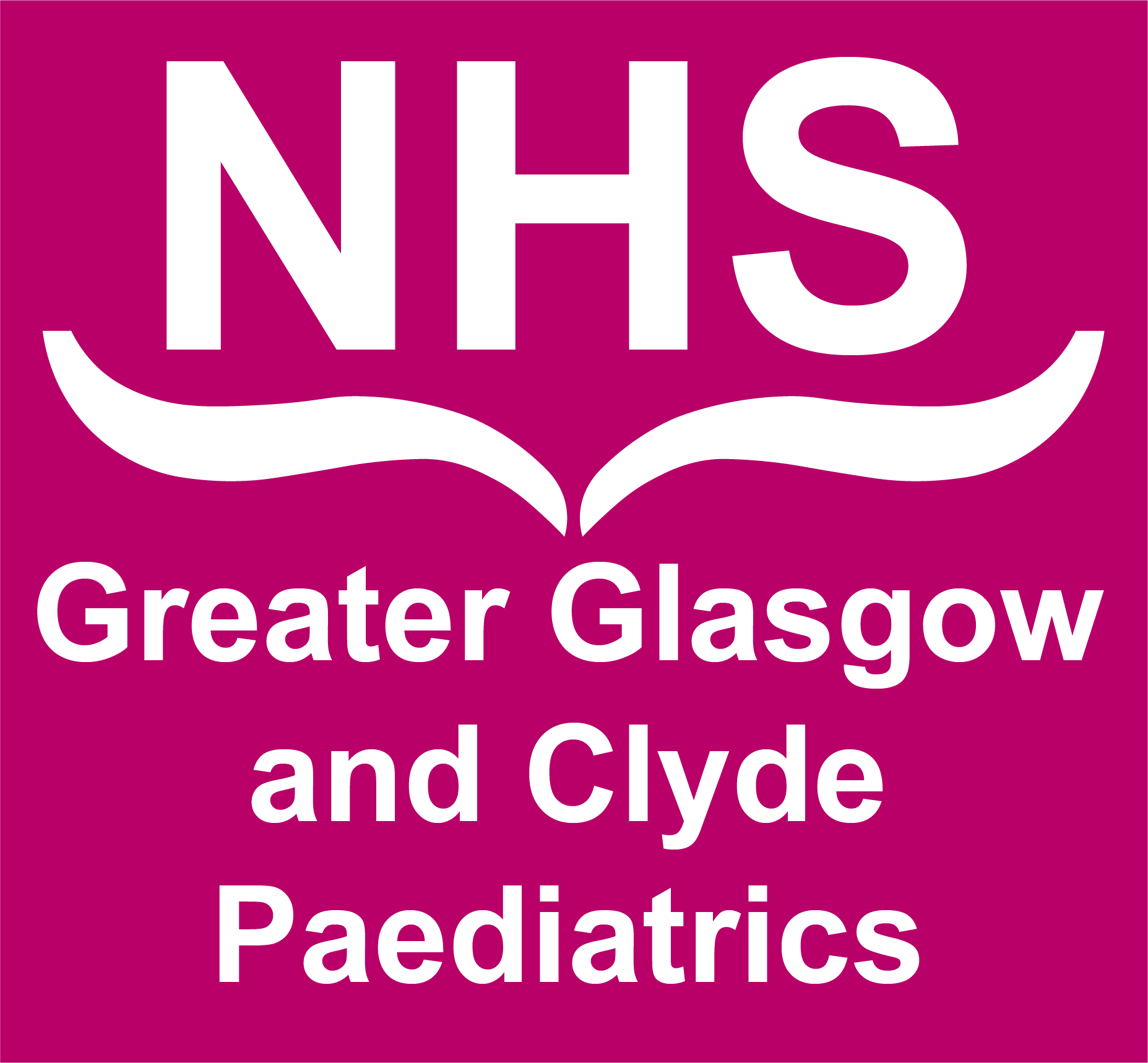Adrenal insufficiency in children, emergency management protocol, paediatrics (239)

Objectives
Standardisation of the management of acutely unwell children with known adrenal insufficiency.
Scope
This clinical protocol should be used in children with known adrenal insufficiency who present acutely unwell.
November 2023: This guidance is currently under review as it has gone beyond the standard review date. It reflects best practice at the time of authorship / last review and remains safe for use. If there are any concerns regarding the content then please consult with senior clinical staff to confirm.
Conditions: Children on daily replacement hydrocortisone treatment, eg.
- Congenital Adrenal Hyperplasia
- Congenital Adrenal Hypoplasia
- Adrenal Insufficiency
- Multiple Pituitary Hormone Deficiency
On Arrival in Emergency Department
Ensure Urgent Clinical Assessment and contact Endocrine team
- If child has an intercurrent illness, but is well, feeding, playing and tolerating medication normally, there is no need for increase in hydrocortisone.
- If child is unwell with fever and reduced activity, but tolerating oral medication, double largest daily hydrocortisone dose and administer three times per day for 48 hours.
(e.g. if normally on 10mg morning and 5mg evening – give 20mg three times/day - parents will usually be aware of their child’s emergency hydrocortisone regime.) - If severely unwell- unresponsive/vomiting:
- Check blood sugar and urea & electrolytes including full blood count
- If capillary glucose <3mmol/l give 2ml/kg of 10% dextrose, repeat if BM remains low
- Fluid bolus may also be required (10-20ml/kg 0.9% saline) if indicated.
- Give IV hydrocortisone bolus (IM if delay in IV access) and start IV infusion (table below).
- Start IV maintenance fluids + deficit (e.g. 5% dex/0.45% saline)
- Consider double dose hydrocortisone therapy once able to tolerate oral medications
Child may already be on double hydrocortisone therapy and possibly
received intramuscular dose of hydrocortisone at home.
Beware clinical improvement may be due to IM hydrocortisone.
|
Age |
Hydrocortisone Bolus |
Hydrocortisone infusion |
|
<6months |
12.5mg |
1ml/hr |
|
6 months-5years |
25mg |
1ml/hr |
|
5-10years |
50mg |
2ml/hr |
|
>10years |
100mg |
3ml/hr |
DO NOT DISCHARGE HOME without discussing with endocrine team

